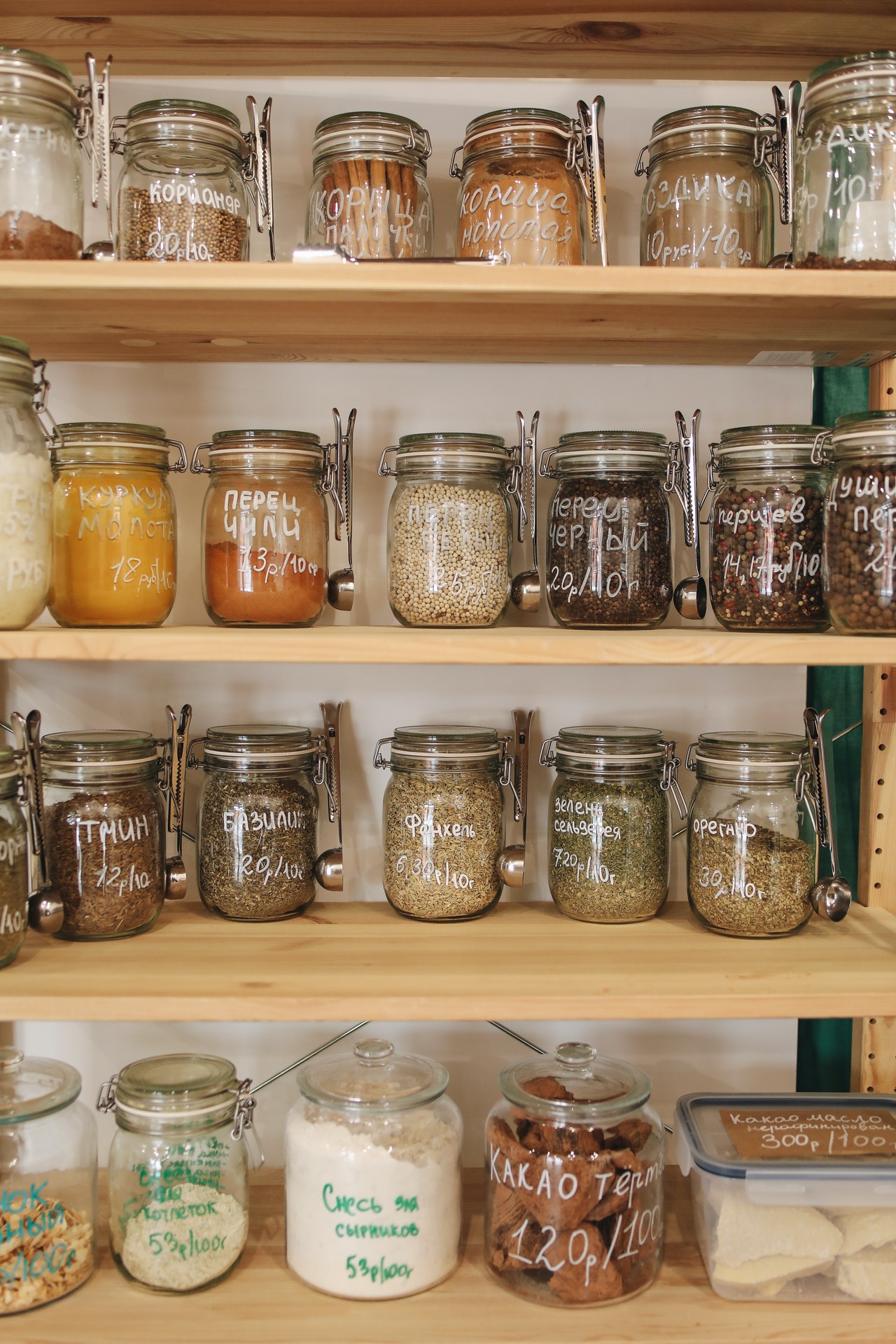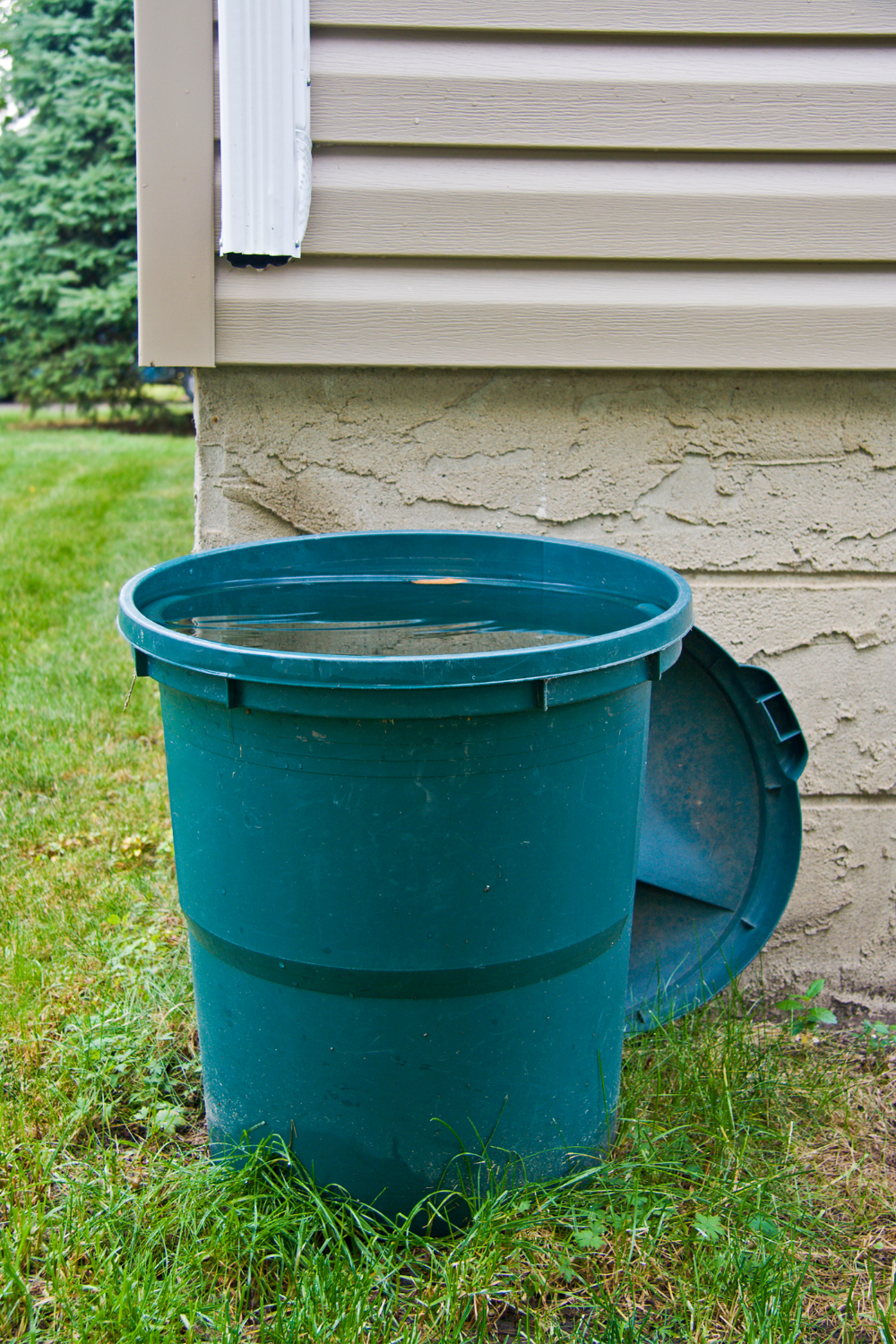6 Eco-Friendly Tips to Manage Food Waste
Americans generate a stunning amount of food waste. Estimates place the amount of food waste at around 80 million pounds annually.
The lion’s share of that waste ends up in landfills where it takes up substantial space. Worse, the food generates methane as it decays. Methane acts as a greenhouse gas and pollutes groundwater.
Fortunately, there are several eco-friendly ways that you can manage food waste.
1. Compost
One of the simpler ways of recycling food waste is through composting. In essence, you pile up your food and other organic waste.
After that, you wet and occasionally turn the pile with a shovel. You can even get dedicated bins for composting.
Pro tip: you’ll limit the smell a lot if you don’t throw meat waste in the compost pile.
2. Meal Planning
Another simple way you can reduce food waste is through meal planning.
Meal planning structures your shopping toward getting what you need. You avoid over-buying or buying things you won’t eat.
3. Create Leftover Meals
Leftovers often sit in a fridge until they go bad. That’s a shame and waste because you can build meals out of leftovers.
For example, you can use leftover steamed veggies and mashed potatoes for a casserole. You can turn leftover chicken and veggies into a pot pie. You can slice up leftover chicken or steak and put it into a salad.
4. Use Existing Services
It’s not true everywhere, but many cities and towns run organic waste collection programs. This can include grass clippings, leaves, and food scraps.
This waste ends up in a processing center instead of a landfill. The processing center can exert some control over the decay and make useful biogas.
5. Date Food in Storage
Uncertainty causes a lot of unnecessary food waste. After all, how often have you pulled something out of the fridge or a cabinet and thrown it away because you didn’t know how old it was?
Add a bit of masking tape with the date to bags or storage containers when you put them away. That prevents you from throwing away perfectly good food out of uncertainty.
6. Get a System
You can also consider a food waste management system. A food digestor system artificially mimics the processes in a stomach.
A system like this uses microorganisms and oxygen to break the food down into wastewater. The wastewater can then enter the local water treatment system through your plumbing, much like water from a shower.
Picking Your Eco-Friendly Methods to Manage Food Waste
Your situation often determines how you can reasonably manage food waste. Composting or getting a food digestor won’t work for most apartment dwellers. Rural areas often lack organic waste collection services.
Assess your living situation and make choices that suit that situation best. Most people can manage meal planning, using leftovers, and putting dates on stored food. Those actions alone will take a big bite out of your total food waste.
Looking for other ways you can boost your eco-friendly cred? Check out the environment section on this site.



